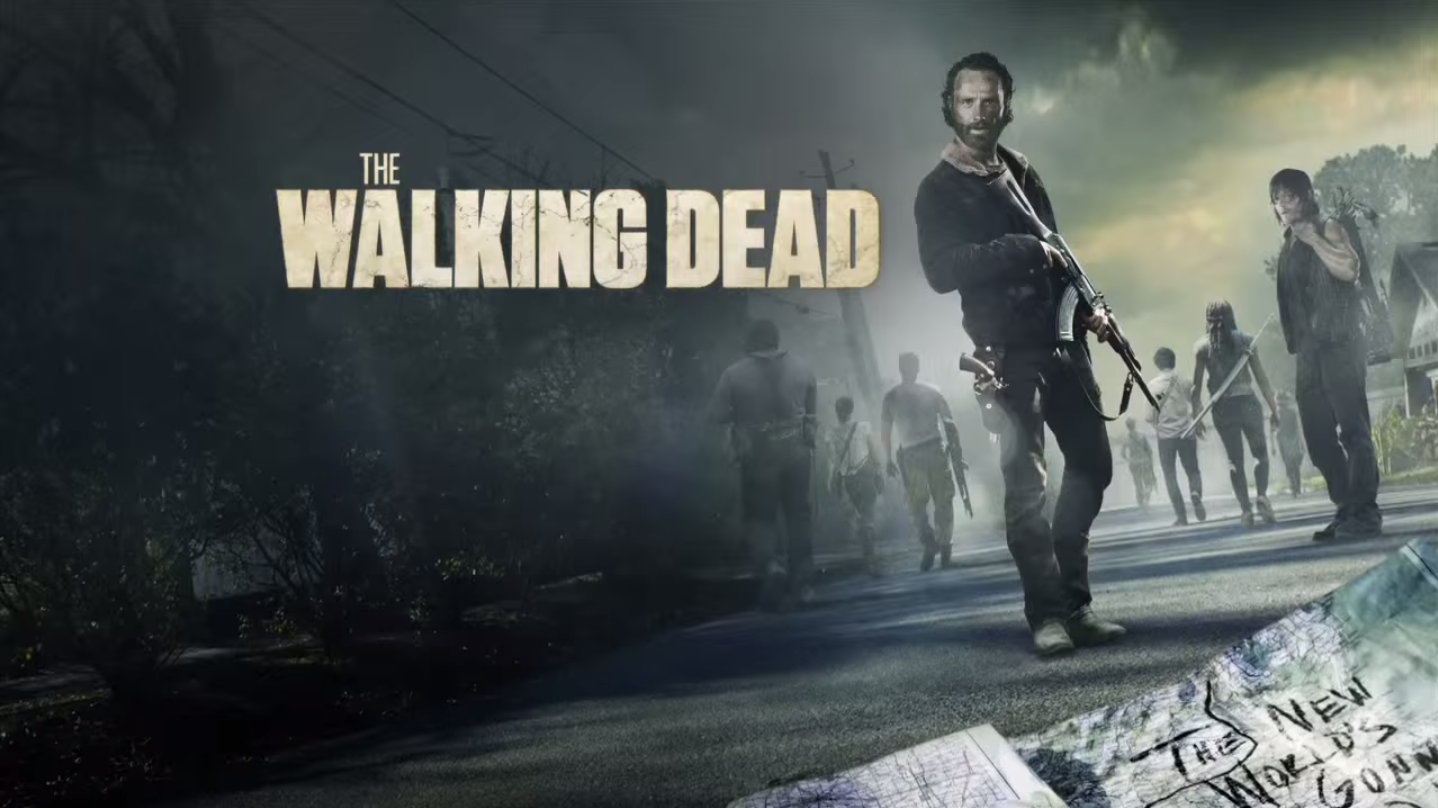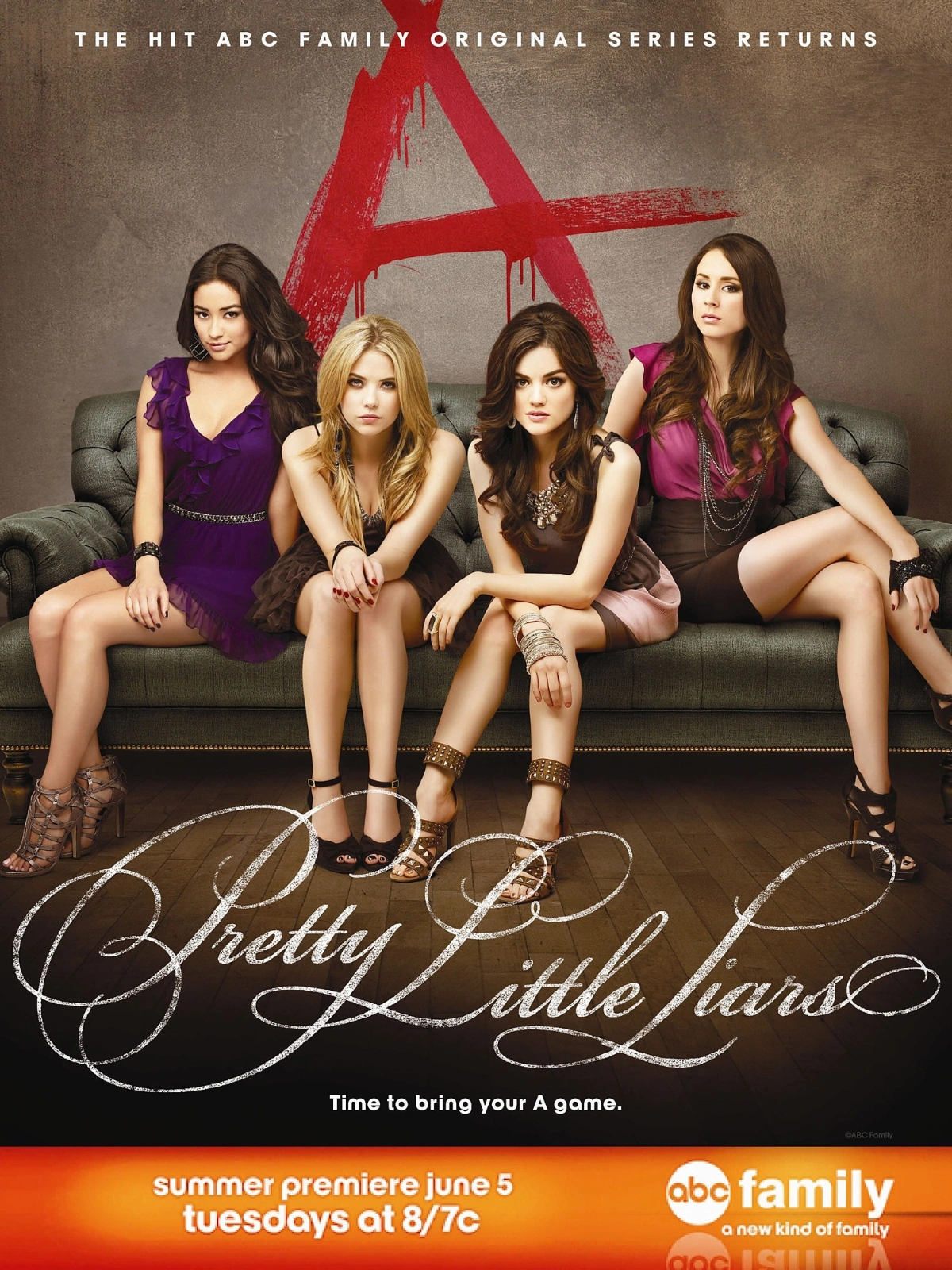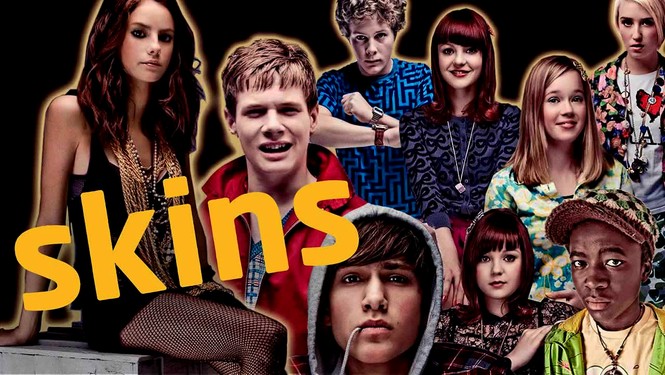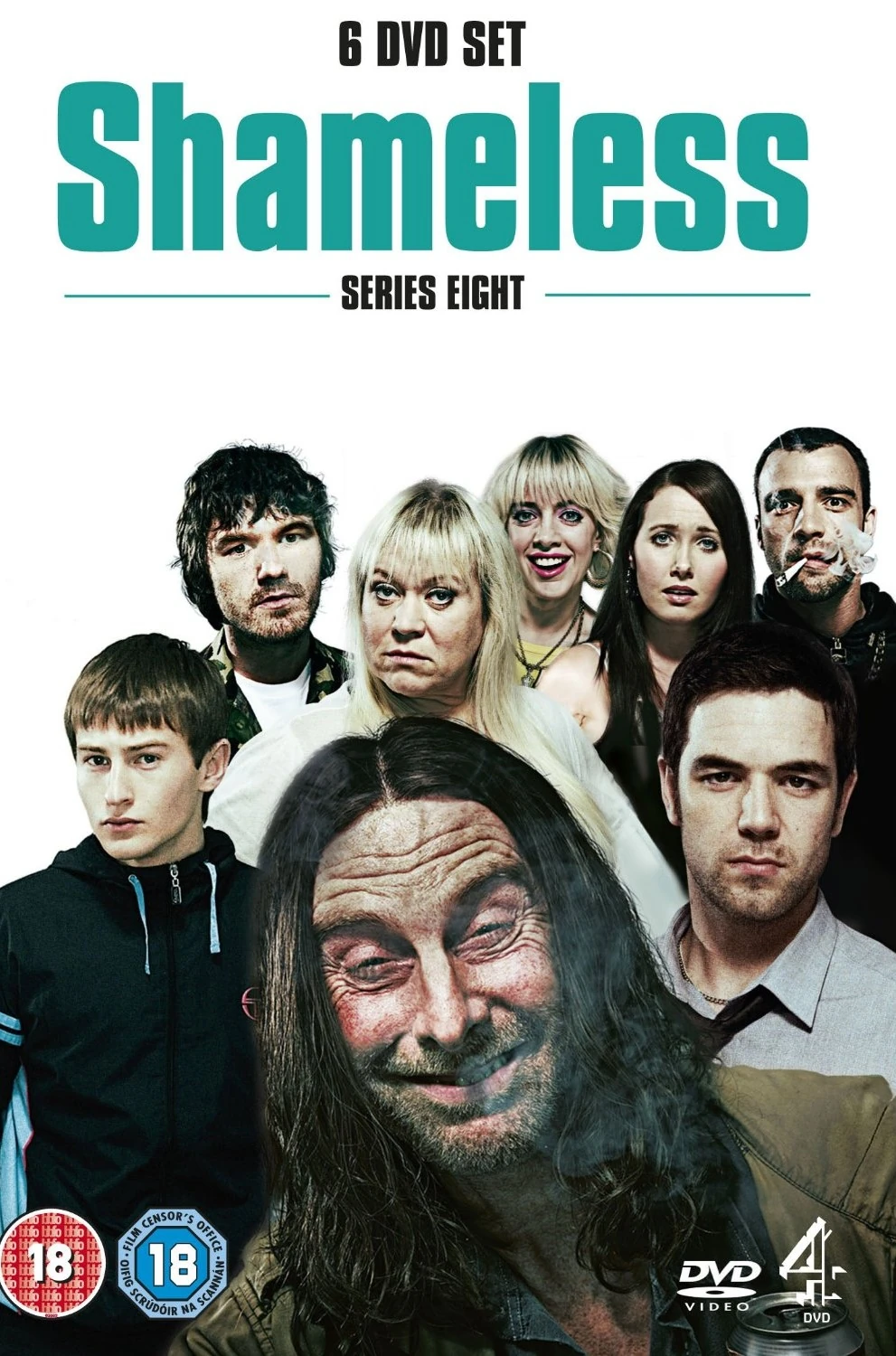Textual Analysis
Game of Thrones - History/Fantasy
The Walking Dead - Thriller/Apocalyptic
Skins - Romance/ Reality
Stranger Things - Thriller
Fear The Walking Dead - Horror/Reality
Teen Wolf - Fantasy
My Mad Fat Diary - Reality
Codes
and conventions (add this to the textual analysis section
of the blog)
•
Code: A system of signs which can be decoded
to create meaning.
•
•In
media texts, we look at a range of different signs that can be loosely grouped
into the following:
•technical
codes - all to do with the way a text is technically constructed - camera
angles, framing, typography etc
•verbal
codes - everything to do with language -either written or spoken
•symbolic
codes - codes that can be decoded on a mainly connotational
level - all the things which draw upon our experience and understanding of
other media texts, our cultural frame of reference.
•codes
can create feelings to the audience through effects and techniques, for example
rain in a film and a woman looking upset can make the audience feel bad for the
woman and be emotional.
Convention:
•Is
what you would expect to see in a certain genre, for example: in a fantasy genre
film
you would expect to see maybe unicorns, demons, hero's/villians,
strange settings, basically things that are fictional and unreal in our world.
•
The codes and conventions in media
can be separated into 3 groups –
•Technical
(e.g
camera angles, movements & shots),
•Symbolic
(e.g
clothing, colours)
•Written
and
audio (music etc).
•These
three distinct groups give the text meaning and determine the response of the
viewer.
TV Drama Categories/Genres
–Crime
–Period
–Comedy
–Medical
–Sci-Fi
–Soap
etc
East Enders
Soap Drama. In the drama, verbal codes are used to create meaning. These verbal codes include the stereotypical cockney/London accent, especially from older characters like Phil and Peggy. This helps to set the scene of the drama, which is supposedly the east end in London. The east end is allegedly quite a rough area, and therefore characters can be depicted often getting up to no good. The conventions of this drama would be medical problems, relationship problems, real life situations that a person could relate to, and stereotypes.
Poldarke
Period Drama. This drama uses verbal codes such as the way in which the characters speak to create the conventions of the drama - the characters appear very well-spoken and use a wide range of vocabulary, which informs the viewer that the characters are educated and perhaps of high status. There are also visual codes like the vast country landscapes and old fashioned outfits that inform the viewer that the drama is perhaps set in a historical period. Conventions would include upper/lower class clashes, old time-y clothing, lack of technology and politics.
Textual analysis = Establishing a methodology for analysing a
media text
We can analyse "deconstruct" the media
using the following categories:
•text
•audience
•production.
What is a Media Text?
The media text is any media product we wish
to examine
•book,
•poster,
•Song,
•Film
• etc.
A media text is analysed through researching the media:
• categories
• language
• narrative
• representation
• language
• narrative
• representation
• audience
• institution
• technology
Categories
•MEDIUM
(eg
print, television, radio, film, internet)
•PURPOSE
(eg
to inform, to entertain, to persuade, to educate, to gain profit)
•FORM
(eg
drama, light entertainment, above or below the line advertising, newspaper)
•GENRE
(eg
science fiction, soap opera, documentary, game show, broadsheet)
•TONE
(eg
serious, comic, ironic, formal, informal, objective, personal, scientific)
•STYLE
(eg
realist, expressionist, conventional, unconventional, traditional, modern)
•OTHER
CATEGORIES (eg
nationality, target audience, director, star, public sector)
Media representations
•The
process by which images, words and sounds are used to indicate issues or
debates
•The
representation of social groups may result in both positive and negative
aspects of representation
SKINS
Skins is a UK drama based in bristol centred around the lives of a group of teenagers attending Roundview College. This drama is almost a soap style show.
The conventions of this drama include youth, young people, drug abuse, partying, relationships, and anything one would stereotypically expect to occur in the life of a teenager. These conventions are communicated through a mixture of visual and aural codes. Aural codes include the way in which the youth speak, for example Cook in particular tends to use a lot of swear words when speaking, and also through non-verbal codes, for example the way in which the boys sit and act around each other. The mis-en-scene helps to communicate the conventions of the show due to the location of the boys, which is outside a shack drinking beer, the outfits and props, i.e. skateboards, stereotypical teenage outfits etc.
The tone of this drama is quite personal and informal. This is seen by the way in which the characters communicate with each other and the types of activities that they get up to, for example getting high or drunk before going in for their first day of college. The style of this drama is very realist and unconventional, in that the show thoroughly explores drug abuse, alcohol abuse and mental illnesses within youth culture.
In this particular extract, one could say that Cook portrays the stereotypical teenager - he's seemingly nihilistic in that he tells his friends that he might actually bunk off of his first day of college, just because he hasn't received a "signal" that college is where he is supposed to be. Cook is also rather self destructive, and this can be deciphered from his evident drug and alcohol abuse - drinking alcohol early in the morning and sparking up before college. He is also sexual, in that the only reason he eventually decides to go to college is because a girl that he finds attractive is going there. The show also explores the sexualisation of youth through the character of Effy herself, and the skimpy outfit that she appears to be wearing (a very short t shirt/dress paired with a pair of fishnet tights).








No comments:
Post a Comment